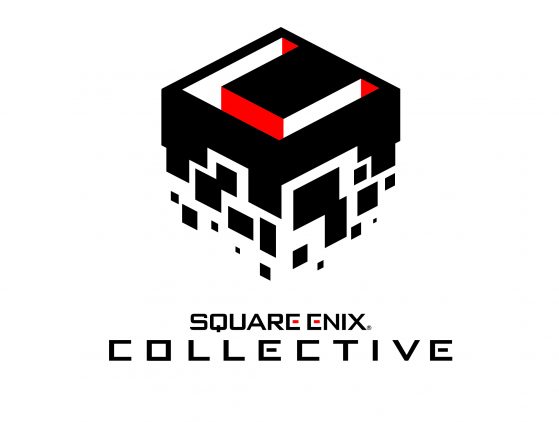Indie gaming is becoming more popular than ever in recent years. Becoming more popular than even AAA titles, games like Cuphead, Stardew Valley and Undertale dominating the market, and being ever so popular for streamers and YouTubers.
Recently I had stumbled upon a publisher that had been behind some of the most anticipated indie games this year, and also the upcoming year. Square Enix Collective, is the name of that particular company, and they have been working alongside developers, to get their games the proper marketing and attention that they deserve. One of the most recent games that they had helped with, was the popular Deadbeat Heroes which had released a few weeks ago.
I have had the most amazing opportunity to talk to the man behind Square Enix Collective. Phil Elliott is his name, and indie games are his game. Here is what he had to say.
Interview with SEC Head of Indie Development
Q1: When was Square Enix Collective established and on what premise?
A1: We started putting together the ideas for Collective in early 2013, and announced initial plans later that year. We launched a beta for the Collective website, featuring three games that the community could react to, in January of 2014 and launched fully in April 2014. Since then, we’ve supported numerous Kickstarter campaigns, and also moved into full publishing. However, I would say that we don’t see ourselves as a traditional publisher – more like a service provider, where developers are clients since we never take creative control or IP rights. So at every stage, the developer is the boss, and we’re here to provide whatever support that the individual team needs.
Q2: How do you help independent developers?
A2: It depends on the team. Some developers are actually really switched on when it comes to marketing, and might even make really great trailers. Others don’t have this experience or don’t want to get involved, so when we look at how we would spend the budget, we take all this into account. On top of marketing investment, PR, social and so on, we also take care of anything to do with selling the game, as well as QA, age ratings, etc. But one of the most important angles for us is that we want teams to learn from the process, in terms of what goes into the release of a game. We’re keen that a developer gets a really full understanding of the publishing process, so that in future years (whether they decide to self-publish or work with a publisher) they know much more about how it works.
Q3: How do developers get your seal of approval?
A3: Well, fundamentally there are two parts to this. First of all, we have to really like the game! Usually, this means spending some quality time with a playable build, which is usually around 9-18 months away from launch. We expect to see something at that stage that’s rough around the edges, and certainly not content complete, but with enough there to really understand what the game will be like when it’s finished. And from that, for us, we need to have to be clear that by working on the project, it’s something we can make a viable difference to in terms of results.
The second part – and this is sometimes a defining limitation – is the schedule; and whether or not we have other similar games already signed, or if we already have enough games planned for launch in the window in which the developer needs to release. It’s a complicated puzzle with a lot of moving parts (when you factor in releases slipping back…) but we’ve become quite familiar with how to spot issues early on.
Q4: What do you have planned for 2018?
A4: So far we’ve announced a few games that we’ll be releasing in the first few months of 2018, starting with Octahedron (if you though platformers had been ‘done’ then try this!), Fear Effect Sedna, Forgotten Anne and Battalion 1944. But we’re looking forward to announcing more in the coming months – we feel very fortunate to be able to spend so much time talking to exciting new teams, and there are more than a few projects we’re looking to sign that we think can be really special.
Q5: Best developer you have worked alongside?
A5: Another tough one to answer! I don’t really think of the teams in that way since every developer has their own story. I do think that the Bulkhead Interactive team is pretty special, though. They created The Turing Test (released August 2016) and they’re now working on Battalion 1944. They’re pretty young, but have great talent and a tremendous work ethic. When I first met them, I actually remarked to a few people that I thought they could be an Infinity Ward of the future… and this was months before I knew they planned to work on a WWII FPS game!
Thank you for the opportunity to interview you, Phil. I am more than looking forward to seeing what you have in-store for us in the next few years to come.



